LMQ were a fan hit the day they arrived in the United States.
The professional Chinese League of Legends team had grown tired of their home country’s highly competitive but scandal-ridden pro scene. So in December 2013, the team did something that had only been attempted once before by a foreign professional squad: They moved to California.
There, they’d have the opportunity to compete for promotion into the League Championship Series (LCS), the slickly run professional league operated by the game’s developer itself, Riot Games. As in the Chinese league, the top teams from the LCS stand a chance to reach Riot’s World Championships, the biggest and most lucrative League of Legends championship in the world. And as the sister team to Royal Club, who had just taken second place at the previous year’s World Championships, LMQ brought a certain amount of championship pedigree to the American game.
Unlike other foreign teams that have come to America in hopes to qualify for the LCS, LMQ made a promise to learn English. They also planned to stay in America even if they didn’t qualify the first time around.
The players quickly developed fan followings. Marksman Li “Vasilii” Weijun’s Twitch stream often attracted thousands of viewers at a time, and his skewed attempts at English became popular catch phrases.
The team’s manager, University of South California grad student Sharon Li, acted as its public face and assisted in translating. Li’s commitment to helping this team of immigrants saw her develop her own fandom that rivaled some of the players.
LMQ’s popularity only improved as they marched confidently through the standings. The team dominated the promotion ladders, easily qualifying for the LCS in April.
Even there, facing stiff competition like two-time American champs Cloud9 and stalwarts Team SoloMid, LMQ’s extraordinary individual talent propelled them to the top.
As the team prepares to round out a fantastic season at the top of the standings, however, messy ownership disputes have spilled out into the public. The team’s beloved manager, Li, has been fired, as have its former owners. But who owns LMQ now? That’s a question to which no one seems to know the answer.
***
The first sign of LMQ’s public meltdown began on July 25, when the team released a public statement its Facebook page that laid out an ownership swap. A&K Esports, the American company that had assumed ownership of the team to enable them to move to the U.S., and helped secure visa for the team, was out.
According to the post, LMQ was now owned and operated by Luyu Esports LLC, a Los Angeles company founded just a month prior that almost no one who followed the team had heard of. And Li, the popular manager and translator, was fired as well. That move, more than the ownership swap, was shocking to fans and followers, as Li had appeared to be an invaluable asset to the team. She seemed a little shocked herself.
What happened?
— Xiaowei Li (@LmqSharon) July 26, 2014
Li wasn’t the only one confused. Even Riot Games, the company behind the League Championship Series, wasn’t ready to recognize this new company as LMQ’s owner.
In a July 19 statement, the company confirmed it was in discussions with Luyu Esports LLC regarding the ownership of LMQ. At the same time, however, Riot said it had not yet recognized any party as LMQ’s owner.
The LCS has not yet, however, committed to recognizing any party as LMQ’s owner for purposes of entering into an LCS team agreement.
The ownership swap had actually been forced by Riot, however. The LCS ruleset prohibits owners from having any financial interest in another team. In addition to running LMQ, A&K Esports was also the parent company of LoLClass.com, a tutorial service that sponsors North American LCS teams.
This sponsorship provided A&K Esports direct financial gain from other LCS teams. But when the company submitted paperwork for ownership of LMQ to Riot, it didn’t reveal this information. When Riot learned of the conflict of interest, it demanded A&K either divest ownership of LMQ or drop their sponsorships of all LCS teams. A&K chose to divest ownership of LMQ.
But if the team’s original ownership in China—a Guangdong-based company called Tian Ci Performing Planning—is correct, A&K never really owned LMQ. Though its name may have been on the forms filed with Riot, A&K and Tian Ci had actually signed a Chinese contract that effectively made Tian Ci the owner and explicitly states that A&K had been appointed to simply assist in the team’s U.S. management. Throughout the team’s time in the United States, it was actually Tian Ci that had paid for their salaries and the home they occupied in California.
The dispute between the two companies apparently began in April, when A&K alleges that Tian Ci effectively nullified the Chinese contract by not sending them a copy. At that time, Li confidently declared that LMQ was now independent from any Chinese ownership:
Hi guys! LMQ is not tied to Royal Club anymore, we are now an independent organization in the US and we have no financial problem:)
— Xiaowei Li (@LmqSharon) April 28, 2014
Tian Ci disagreed. In June, around the time Riot discovered that A&K was breaking the league’s rules thanks due its conflict of interest, Tian CI approached Riot and disputed A&K’s ownership. The company produced the Chinese contract as evidence that A&K had only ever been a U.S.-based agent.
Behind the scenes, conflict between the two organizations had come to a head. Player manager Xiang Gu, who replaced Li as manager after her dismissal, accused A&K of attempting to “steal” the team. According to Gu, Li had entered a serious relationship with Eric Liao, A&K’s owner, shortly after the team arrived in the U.S. And together, the pair was allegedly attempting to use its registration papers with Riot to wrest control of the team from its Chinese owners—or to sell it back to them.
When Tian Ci, the owner of the eponymous company, arrived in Los Angeles to prepare for the transfer of LMQ, he was shocked to be approached instead with an offer to essentially buy his own team. An A&K rep, according to Gu, had demanded $120,000 in expenses allegedly owed to the team, expenses that Tian Ci disputed.
On July 1, lawyers for the Chinese company sent termination notices to A&K, according to Gu. Tian Ci also informed Riot Games that all LMQ player contracts had been transferred to a newly-formed company called Luyu Esports.
Of course, that was just one side of a story that seems to get murkier with each new public statement. In an earlier message posted to Facebook, Li had claimed that she had no idea why she was fired or why Luyu Esports now claimed to own the team. According to Li, the team had stopped receiving funds in during the LCS split (a claim Gu denied), and she was forced to pay for them out of her own pocket:
I took care of everything on the team: buying food, scheduling scrims, grocery shopping, haircuts, translating, paying bills and many other things you need to do to manage a team of young players who cannot speak English. After being with the team for a while, I felt like a big sister to the players, and as a big sister, I didn’t mind helping and taking care of my little brothers.
A&K is promising to keep fighting for ownership of the team, telling esports news site OnGamers that “nothing is official yet.”
The company was “fighting it still because this whole new transfer is VERY dangerous and could result in a big mess.”
A&K’s chances of re-establishing its ownership of LMQ seem slim. Riot Games itself, after all, delivered the original ultimatum demanding that it divest ownership. But LMQ’s future is far from certain. Riot is supposedly in the “final stages” of processing paperwork that would see the team officially transfer to Luyu Esports, the Los Angeles-based company Tian Ci established to directly manage LMQ in the U.S.
There are some potential conflicts even here, however. Tian Ci previously owned World Championship runner ups, Royal Club, and its current financial relationship with professional Chinese teams is unclear. If they did hold any such relationship, Tian Ci would be in violation of the exact same LCS rule that A&K violated.
The players themselves, who remained mostly silent as their support structure in the United States was rocked with conflict, never had any role in deciding who would manage them. On July 29, the team’s captain, Zhou Qilin, released a carefully worded public statement that distanced the team from the ownership spat. He assured fans that the players had never been threatened physically or financially.
“In terms of LMQ ownership, we respect the ruling by local law and Riot,” Zhou wrote. “One thing we are certain is that we will continue to work hard towards our dreams as always.”
They’ll be pursuing that dream however, without coach Peter “PtotheD” Zhang, who announced his departure from the team yesterday, claiming that the disputes were starting to have a negative effect on practices.
For the time being, LMQ, who moved to the United States to escape the corruption-ridden professional scene in China, remain in the midst of one of the biggest scandals in the history of the American LCS.
Yet despite their troubles, the team can still secure first place in the LCS regular season this weekend. And from there, they’ll have a chance to compete for the League of Legends crown at the World Championships in October—as representatives of North America.
Photo via Riot Games



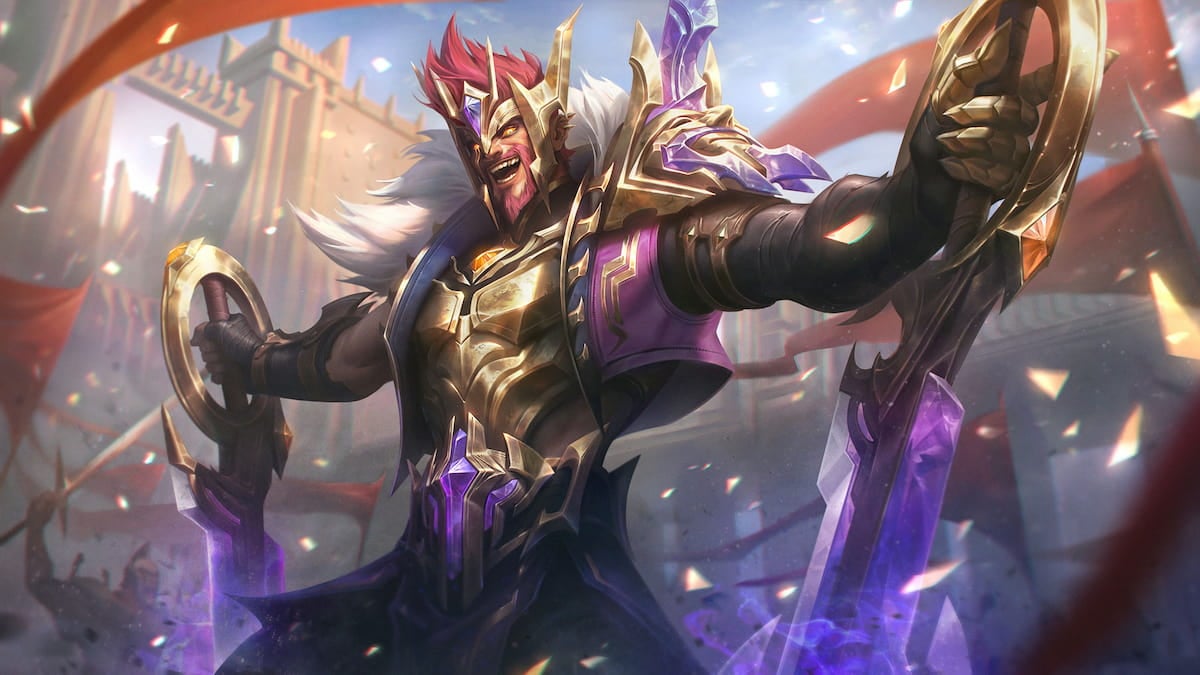
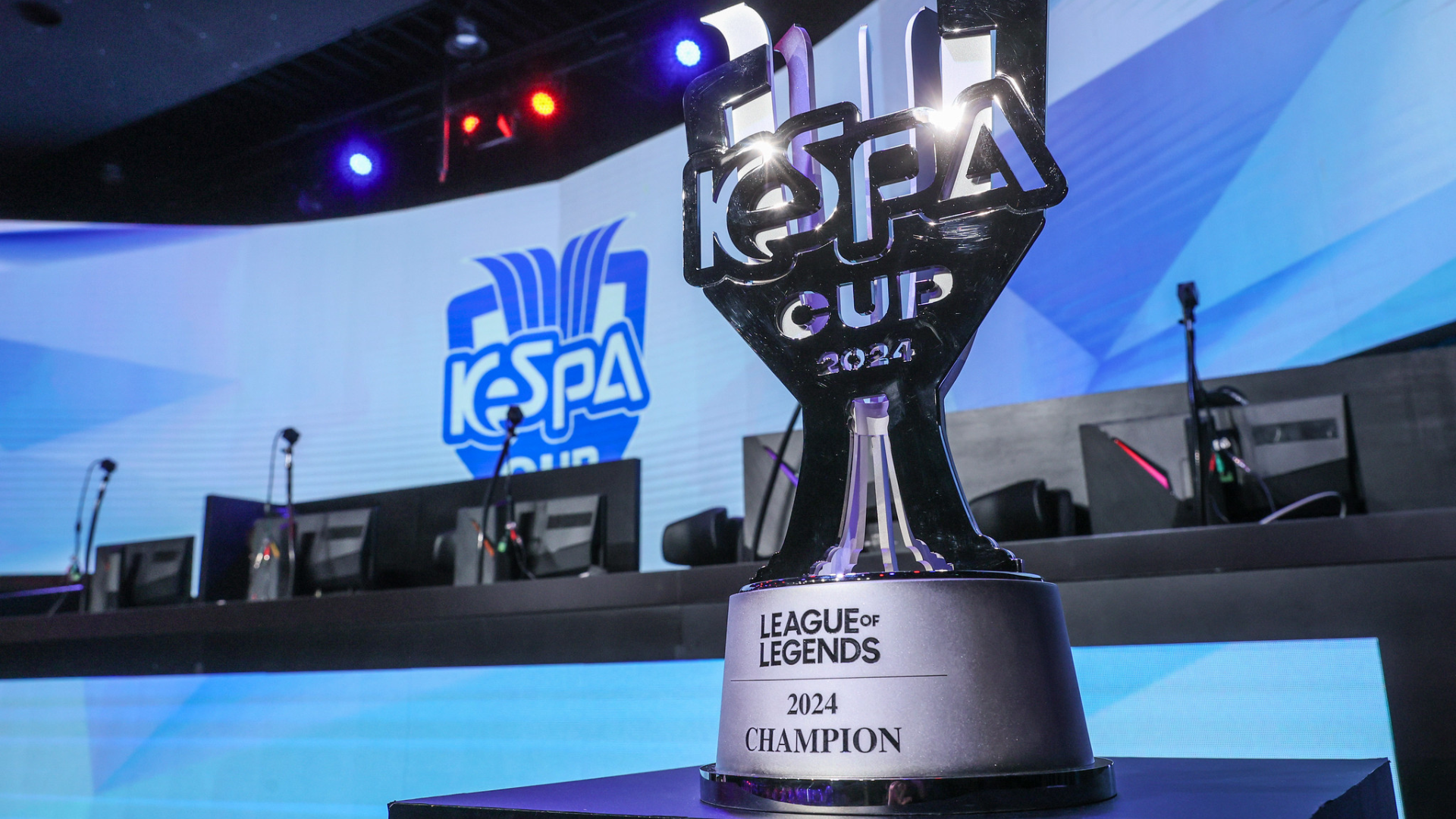
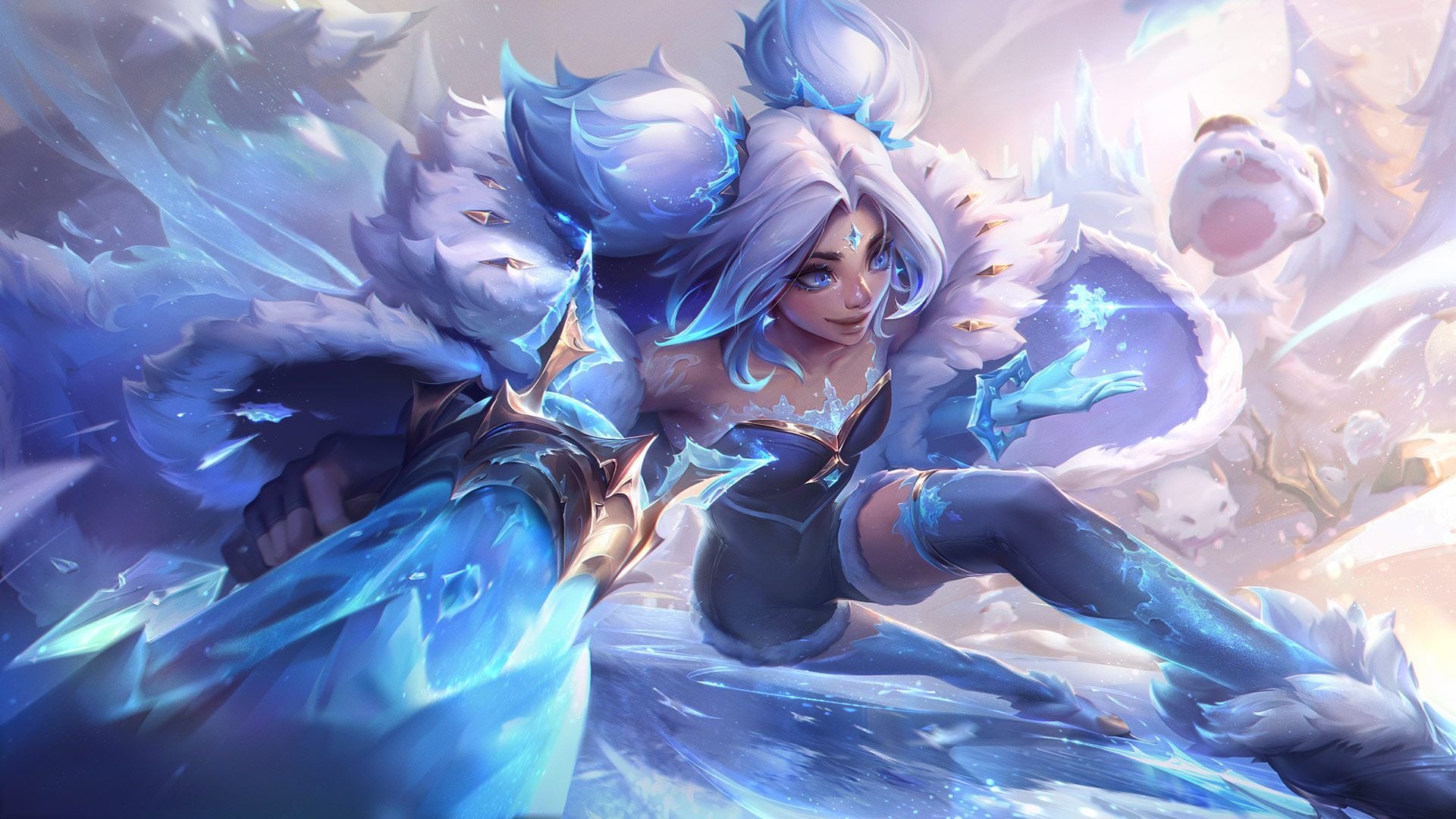


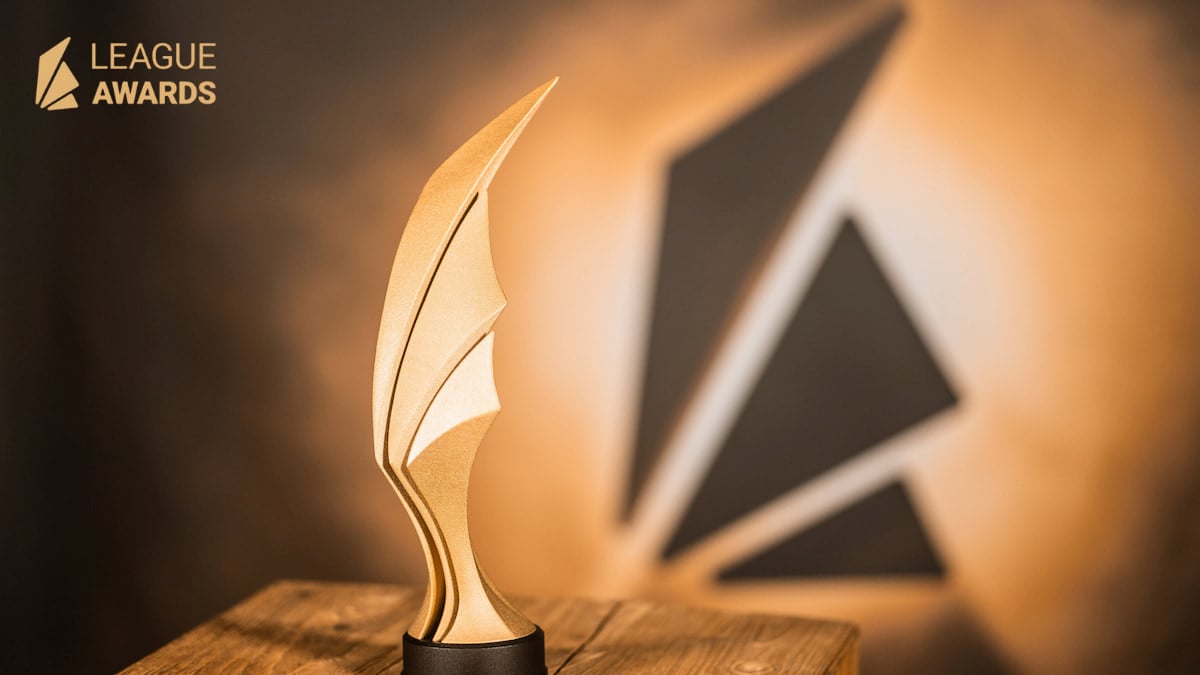


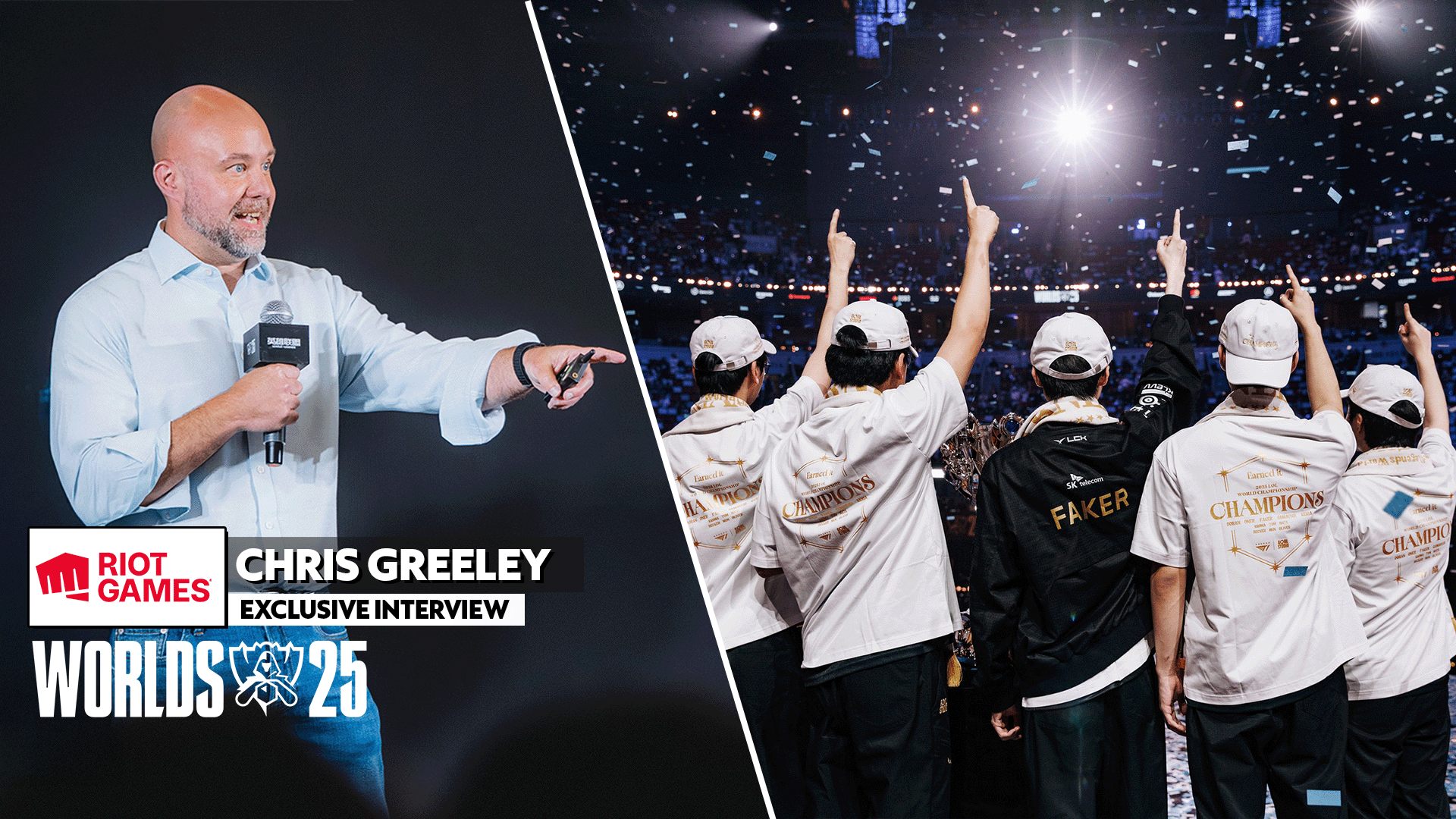
Published: Aug 1, 2014 03:06 pm